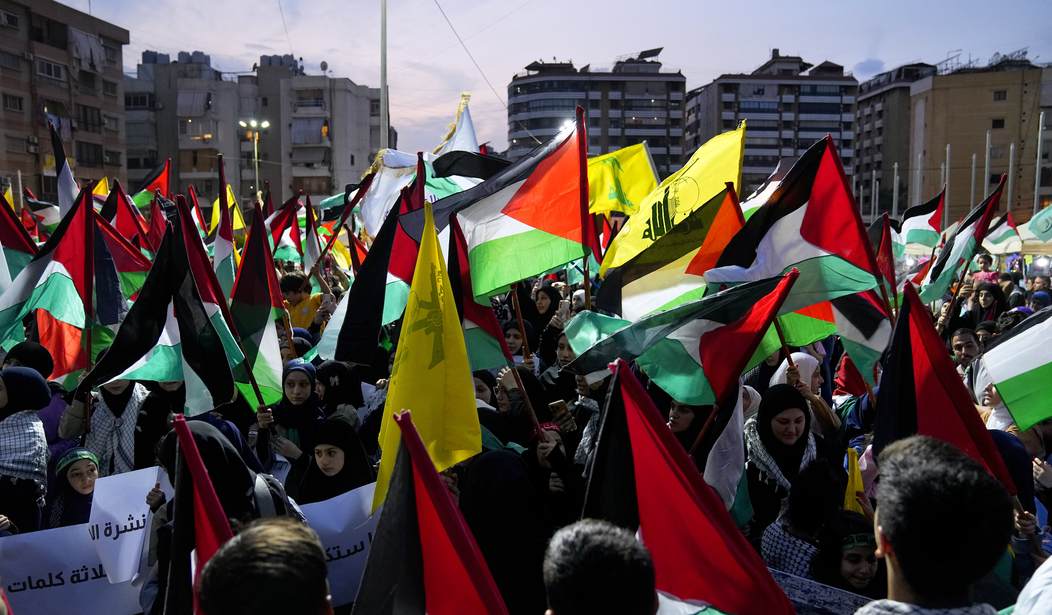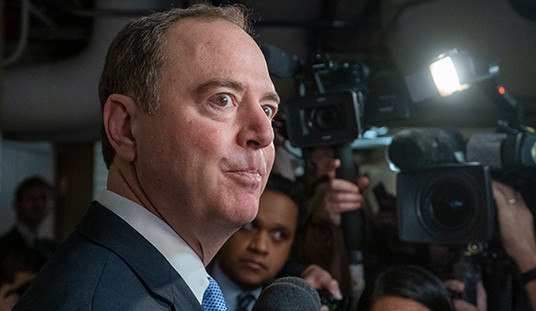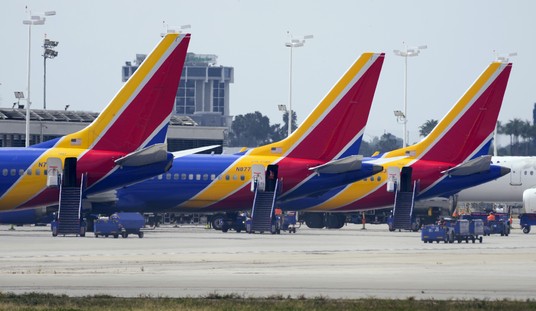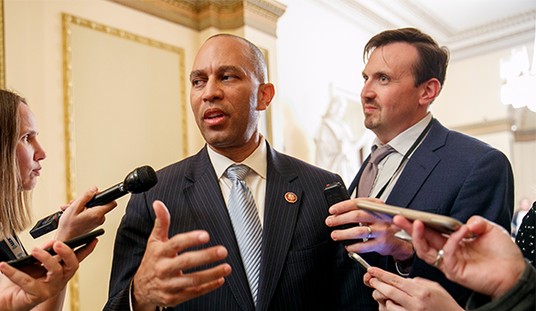As Hezbollah gives indications that it might get more involved in the hostilities occurring in Israel’s war against Hamas, the Israel Defense Forces (IDF) are reportedly sending tens of thousands of soldiers to the north to confront the terrorist group. While most of Israel’s war efforts have been focused on Hamas in its borders and the Gaza Strip, the threat coming from Hezbollah looms large over the situation.
This has prompted speculation as to what could happen should Hezbollah decide to ramp up its attacks on Israel. This is likely why the IDF is sending so many troops to Israel’s border with Lebanon, where Hezbollah is based.
Israeli forces have launched rockets into southern Lebanon, striking Hezbollah forces after the terror group fired anti-tank missiles across the border initially hitting Israeli soldiers, officials said.
Israel Defense Forces (IDF) spokesperson Lt. Col. Jonathan Conricus said Wednesday that the Israeli army shelled the Lebanese border town of Duhaira and the surrounding area where the missile attack came from. He also said Israel was actively fighting a secondary front along Israel’s northern border with Hezbollah in Lebanon, in addition to the counteroffensive the IDF is launching in the Gaza Strip.
"We have deployed tens of thousands of additional units along the northern border," Conricus said, including infantry, special forces, armored forces, artillery, air forces, and "additional assets including intelligence and logistics."
He added, "The message to Hezbollah is very clear: ‘If they try to attack, we are ready and we are vigilant on our border.’"
While Israel is already preoccupied with the fight against Hamas, which has claimed over 1,000 lives, the prospect of Hezbollah joining the fray could exponentially escalate the crisis. Indeed, the group seems to believe that the U.S. sending warships to the region is an indicator that Israel might be too weak to sustain a war on more than one front. “Sending aircraft carriers to the region with the aim of raising the morale of the enemy and its frustrated soldiers reveals the weakness of the Zionist military machine,” the organization said in a statement.
To make matters even more complicated is the news that Israel has also taken rocket fire from its border with Syria.
According to Conricus, Israel was in combat on a third front after it detected rockets being fired from Syria. He did not say whether the rockets were fired by Hezbollah, a Syrian militant group or another faction. IDF returned fire, striking where the rockets were fired, he said.
While they do not know who is responsible for the attack coming from Syria, it is clear that this could lead to some rather difficult times for Israel. Backed by the Iranian regime, Hezbollah has been equipped with advanced weaponry and is a highly trained outfit. It is also well financed, receiving much of its funding from Iran and the illegal international drug trade. The group has had military clashes with Israel in the past. If it truly believes that the Jewish state is in a weakened position, especially given its current struggle against Hamas, the temptation to go further might be too strong to resist.
On the other hand, Hezbollah might not be willing to go beyond testing the waters at this point. In their previous confrontations with Jerusalem, the group sustained devastating damage. The war in 2006 serves as a grim reminder, having resulted in over 1,500 deaths and immense colossal infrastructure damage in Lebanon. Moreover, Hezbollah’s political front has become even more integrated into Lebanon’s political environment, meaning that it has to walk a tightrope between militant objectives and political concerns.
It is also worth mentioning that Hezbollah’s involvement could prompt a response from the United States. It might motivate the Pentagon to take further action to mitigate any potential threats to Israel – and it may not require the sending of troops to do so.
Right now, Hezbollah’s leadership might still be deciding what role it wants to play in this affair. But whatever it chooses, it is clear it will have a major effect on the trajectory of the war.













Join the conversation as a VIP Member